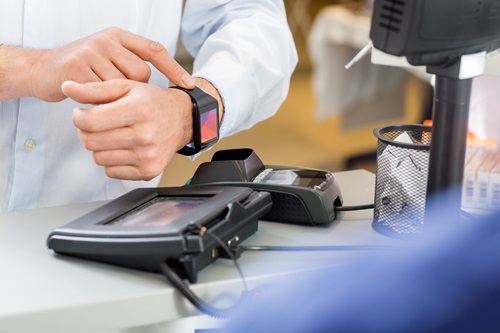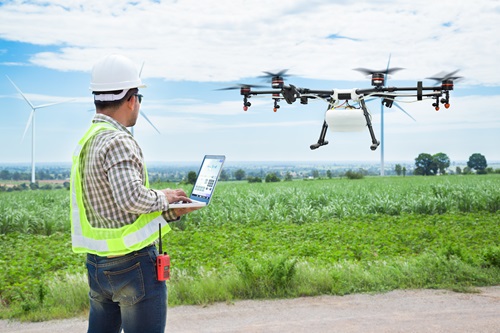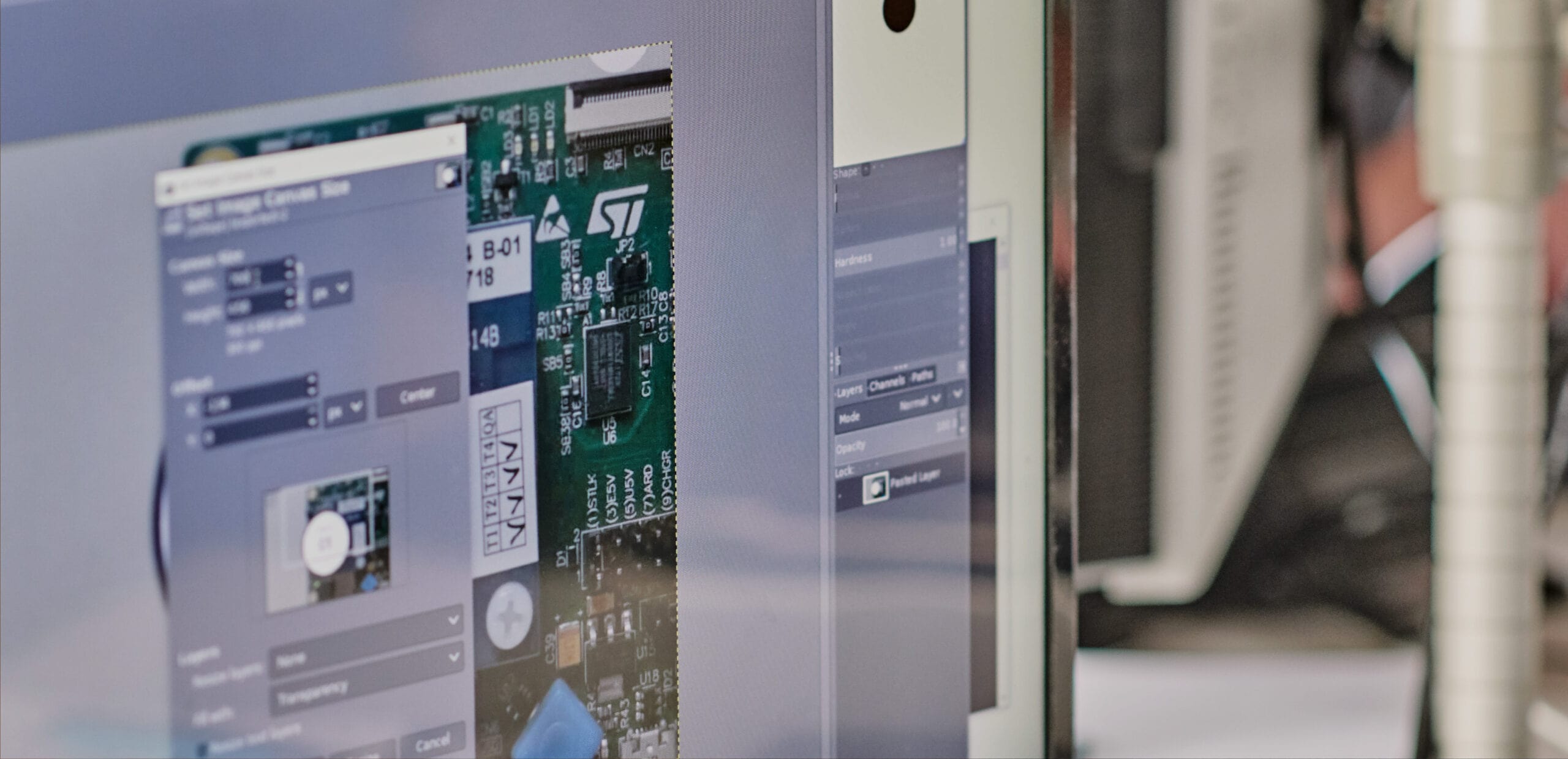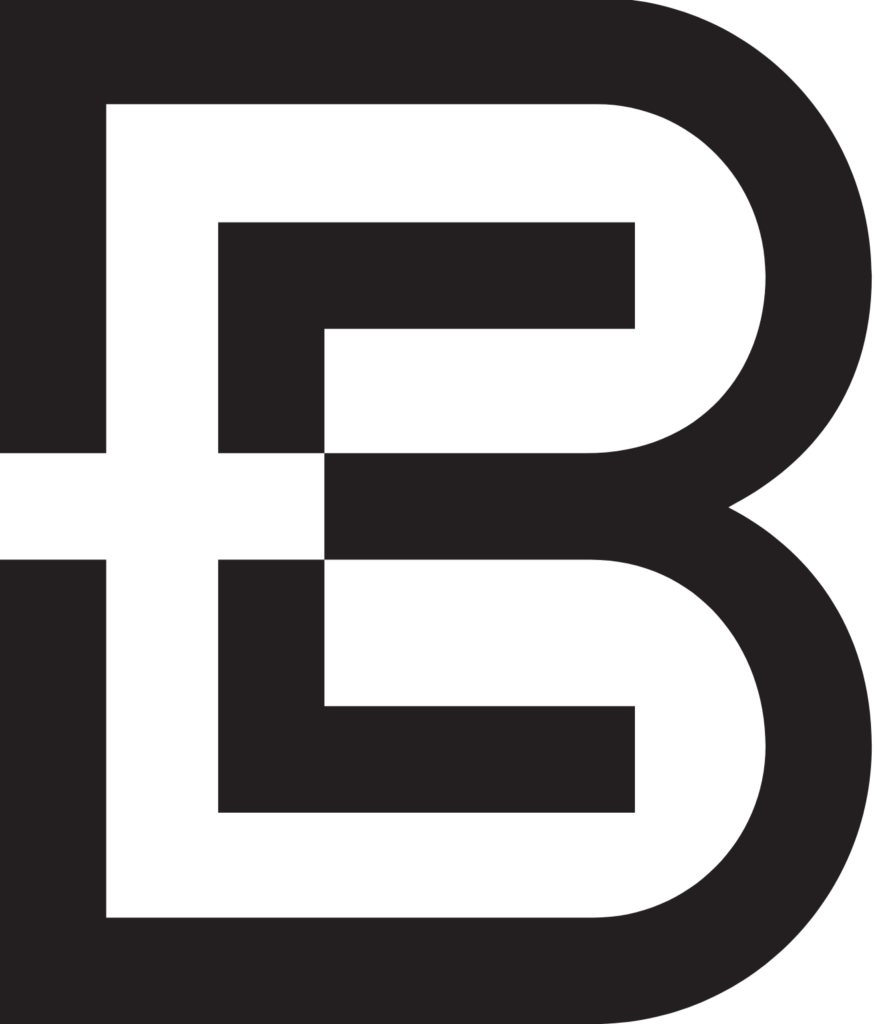In our rapidly changing technology landscape, the demand for embedded Internet of Things (IoT) connected devices continues to surge. Due to the ever increasing complexity of IoT, a blend of many technical skills are required to successfully deliver embedded IoT connectivity.
A deep understanding of Bluetooth
Mastering Bluetooth technology is paramount in IoT connected device development due to its pivotal role in facilitating seamless wireless communication. Understanding the Bluetooth standard and its protocols is crucial to the development of embedded IoT devices as it forms the foundation for integrating Bluetooth functionality into diverse devices, including smartphones and operating systems. This practical application demands troubleshooting skills and fine-tuning to ensure compatibility, these skills are honed through experience. Additionally, testing Bluetooth systems is intricate and time-consuming, requiring meticulous attention to detail to identify and rectify potential errors. Proficiency in Bluetooth technology not only requires theoretical knowledge but also practical problem-solving abilities, making it an essential skillset for embedded IoT firmware developers navigating the complexities of IoT device development. Bluetooth is comfortably the most commonly used technology to transfer device data to smartphones for processing or display.
Multiple technical proficiencies
Embedded IoT specialists need proficiency in embedded systems development, including familiarity with relevant programming languages (such as C, C++, Python), data communication protocols (like MQTT, CoAP, or HTTP), and hardware platforms (such as Arduino, Raspberry Pi, or custom microcontrollers). Lack of these skills increases difficulty and time of testing.
Extensive integration capabilities
It’s essential that embedded IoT solutions integrate with complex systems and infrastructure. Compatibility with various hardware components, cloud platforms, and third-party APIs should be thoroughly assessed. IoT connected devices are potentially required to work in harmony with battery management systems, USB connections, internet protocols, server connections, network infrastructure, 5G networks, Wi-Fi, and security protocols. Deeply understanding these elements is crucial for the seamless operation of IoT devices and systems.
Understanding of cybersecurity standards and security protocols
IoT solutions that integrate with physical devices can fall prey to cyber-attacks in unexpected ways. This makes them particularly vulnerable to “unconventional” cyber attacks. This is why both physical and digital security considerations are paramount for IoT connected device development. It’s important to work with an embedded IoT company that upholds robust security protocols, including encryption standards, authentication mechanisms, and secure firmware update procedures to safeguard data and devices from potential cyber threats. Increasing regulation makes this skill difficult to ignore.
Extensive IoT device firmware testing process and capabilities
Rigorous software testing is especially critical for IoT connected devices due to their inherent complexity and interconnected nature. Unlike traditional standalone applications, IoT devices often interact with a multitude of other devices, platforms, and services, amplifying the potential impact of software defects. Given the diverse environments and usage scenarios in which IoT devices operate, thorough testing is essential to ensure reliability, security, and interoperability. Vulnerabilities in IoT software can have far-reaching consequences, ranging from privacy breaches and data leaks to system malfunctions and safety hazards. Moreover, IoT devices often operate in mission-critical contexts, such as healthcare, industrial automation, and smart infrastructure, where even minor software failures can result in significant disruptions or risks to human safety. Rigorous software testing practices, including functional testing, security testing, interoperability testing, and performance testing, are indispensable for mitigating risks, enhancing quality, and ensuring the seamless operation of IoT connected devices in safety critical environments. This interleaves with knowledge of other technologies and languages, since we often have little control over how these other technologies have been implemented.
Upholding quality assurance processes
High standards for project management and quality assurance are critical for robust embedded IoT software development. Stringent testing methodologies, including unit testing, integration testing, and system validation procedures, ensure the reliability and robustness of the software. Without quality assurance, how do we know how good we are?
Regulatory compliance
Depending on your industry and geographical location, compliance with regulatory standards and certifications may be mandatory. Choosing an embedded IoT company with tested knowledge of device development within highly regulated environments helps your project remain compliant.
Support and maintenance services
Post-deployment support and maintenance are essential aspects of any software project. Ensure that your embedded IoT company offers comprehensive support services, including troubleshooting, bug fixes, and software updates, to address any issues that may arise. New legal requirements to update a device over its lifespan require skills to implement and maintain these business processes.
Solid client references and reputation
As highly experienced IoT and Bluetooth firmware developers Bermondsey Electronics have a solid portfolio of client references that speak to our abilities as embedded IoT specialists. Our rigorous testing processes ensure high performance standards for our devices. Our client testimonials and case studies provide valuable insights into our performance and customer satisfaction levels. Carefully evaluating these considerations enables you to drive successful outcomes and maximize the potential of your IoT connected devices.
Contact our team to find out more








